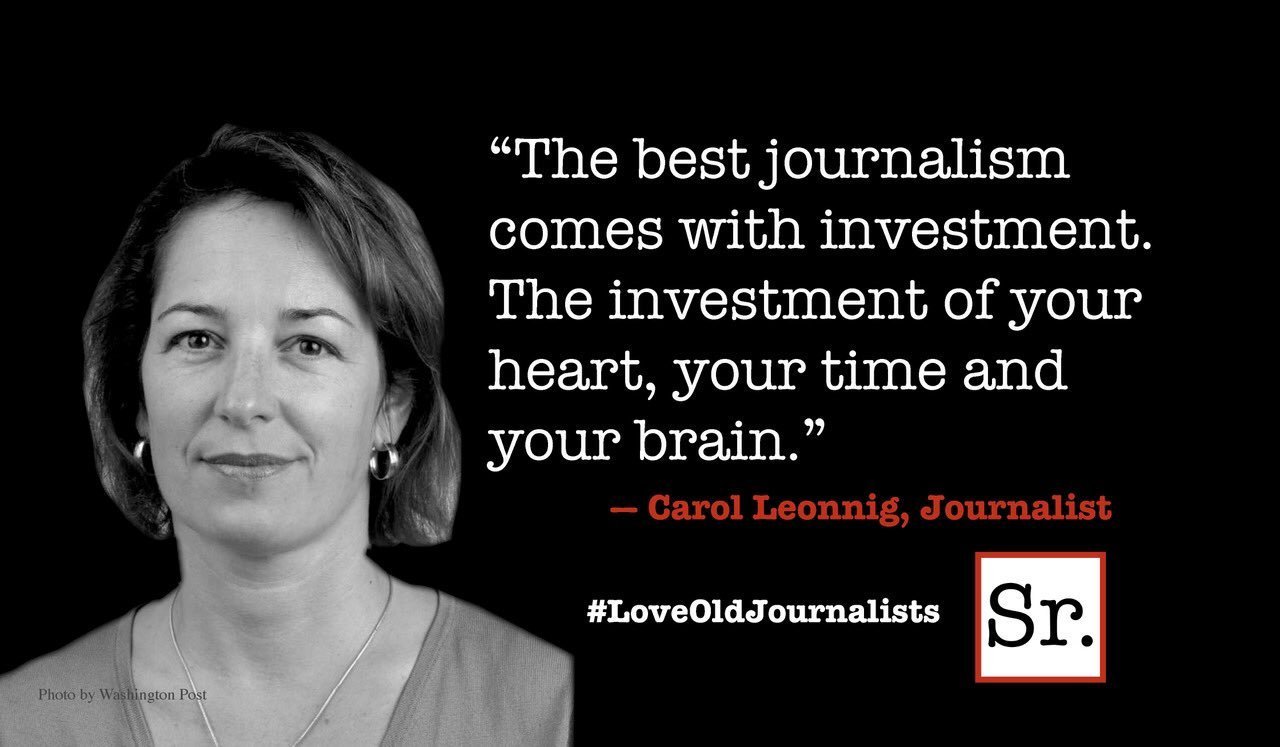Gremlins.
We’ve all got them.
They’re the beliefs we’ve accumulated around money that mess with how we handle it. Most were absorbed unknowingly from how we heard and saw our parents (and other authority figures) react to situations involving money.
And I recently wrote a series of articles about those beliefs that fall into the general grouping of “those behaviors that push money away.” (The other two groupings are “those behaviors that pull money towards us” and “those behaviors that affect how we relate to the people around us.”
So how do we know if we have any?
A List of Beliefs
Well, here’s a list of beliefs, or money gremlins. Maybe you could print it out. Then read through them thoughtfully and circle the ones that feel familiar. If something feels familiar, as if you might believe it, it could be one of your money gremlins.
- Money corrupts.
- Money is evil.
- I don’t deserve to have money.
- I shouldn’t make more money than my father (or mother).
- People who have money are “bad” and people who are poor are “good.”
- Most rich people got their money illegally or through inheritance, and didn’t do anything to deserve it.
- Money destroys all worthwhile relationships.
- If I mix money with my passion, it will taint that passion.
- I shouldn’t spend money on myself; it’s selfish or extravagant, or both.
- It’s not Christian (or another religious group) to care about money.
- If I have lots of money, I’ll be just like those other rich people I don’t like.
- You have to choose between love and money; you can’t have both.
- If I have money, I won’t know if someone loves me for myself or for my money.
- Money from an inheritance or insurance shouldn’t be enjoyed because it’s like blood money.
- If I live life by the rules, I don’t have to worry about money.
- It’s virtuous to live on very little.
- I shouldn’t have any more money than what I really need.
- I can’t trust anyone with my money.
- My net worth is a reflection of my self worth.
- All forms of investment today are somehow a scam.
- Any money I didn’t earn isn’t really mine.
If any of those statements resonate with you, you could be dealing with one of the many forms of money avoidance, or what I call the “Ostrich Theory of Money Management.” This is where dealing with money is avoided on a regular basis by ignoring it, pushing it away, not spending it and assigning an unhealthy fear of risk to it.
More Information on Those Beliefs
To understand those beliefs better, you might want to read one or more of my recent articles on avoiding money:
- If you’re someone who tends to passively ignore the existence of money, you’re a Money Denier. Read Money Denial: Pretending Money Doesn’t Exist
- If you tend to push money away from you, you’re a Money Repeller. Read Repelling Money: Pushing Money Away
- If you allow money to flow in, but won’t let any of it flow out, you’re an Underspender. Read Underspending: Are You Pinching Pennies So Tightly They Bleed?
- If you’re so afraid of losing your money that you won’t invest or save it smartly, you’re a Risk Averter. Read Risk Aversion: Playing It Too Safe With Money
It’s easy to identify behaviors for your friends and enemies, or loves and ex-loves, because you’re using your conscious mind — free of emotion — to make your evaluations.
Finding your own behaviors will be a bit more challenging because they’ve operated automatically and unconsciously for so long. What will really help is if you can turn off the little critical voice in your head, the one that tends to blame you for absolutely anything that isn’t perfect. Pretend you’re able to step outside of yourself, as if you’re looking in matter-of-factly. Without judgment or criticism.
Other Possible Money Gremlins
And in case you find very few of those beliefs that resonate with you, don’t worry. You might find some in the other two general groupings of behaviors I’ll be presenting soon. These include:
- Worshiping Money, or Praying at the Altar of the Almighty Dollar, where materialism feeds an obsession over spending or accumulating money — or possessions — and, in turn, can result in hoarding, becoming a workaholic, taking too much risk, and spending excessively.
- Mixing Money and Relationships, or Who Used Money to Do What to Whom?, where relationships are affected by the use of money as a tool that builds distrust, results in unhealthy boundaries, and fosters the two sides of the same coin: the enabler and the enabled.








